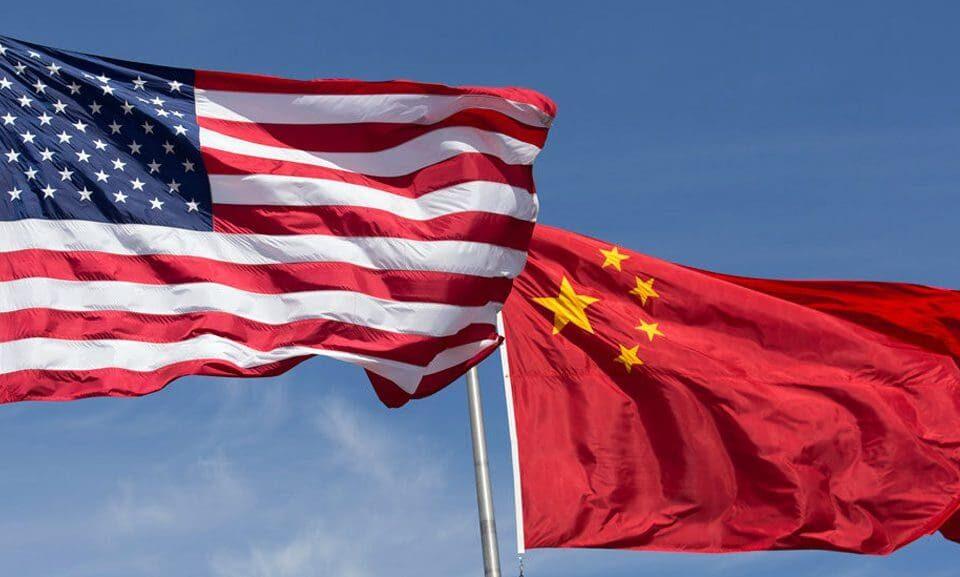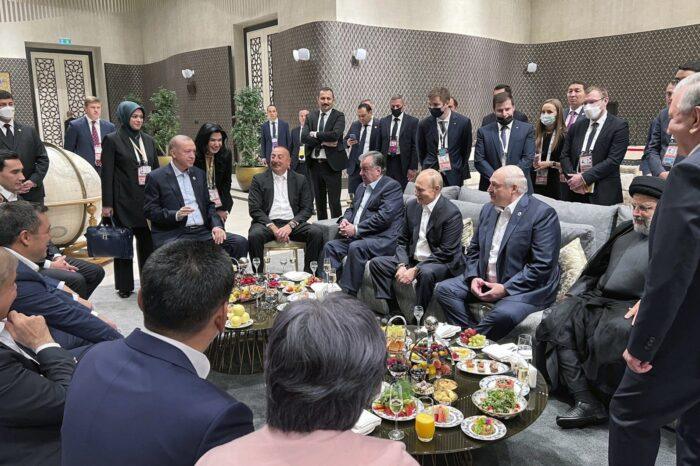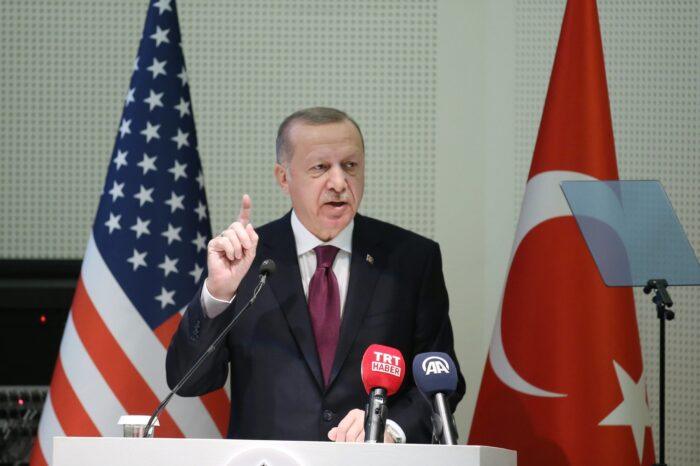Rivalry of insecure powers

For scholars and observers, the return of the great power rivalry is the new normal in international relations over the last couple of years. The competition and rivalry between the U.S. and China are being closely watched by the international community. It is a well-known fact that the relations between these two major powers will be determinative of the future of world politics.
The nature of their conduct can shape the alignments, impact economic ties and create arms races in the Asia-Pacific region. Some of these areas are already being affected by the U.S.-China rivalry. The trade war caused concerns for the international economy while the arms race in the South China Sea makes it one of the most geopolitically critical regions today. Following the COVID-19 crisis, the two countries will also debate some other issues.
The U.S. has accused China of hiding data in the critical days of the initial spread of the coronavirus around the world. Public opinion polls show that this debate will have an audience among the U.S. public and thus will be an important topic ahead of the presidential elections.
However, amid this rivalry, we have seen that both countries have significant vulnerabilities and problems. The first one of these issues is the handling of the COVID-19 crisis. At the beginning of the COVID-19 outbreak, China was the source and the first epicenter of the crisis.
There is a lot of skepticism about the numbers provided by the Chinese authorities. Although the Chinese government claimed to have controlled the outbreak, last week the news about the emergence of a new cluster of virus infections in Beijing showed it was far from it.
The other great power, the U.S., became the epicenter of the crisis in April and since then the U.S. has the highest number of infections and deaths around the world. The handling of the outbreak has become a nationwide crisis, which the international community has watched for months now.
Although overall numbers are declining because of the improvement of the condition in New York, many states started to experience hikes in the numbers in the U.S. The developments in both countries demonstrate that the crisis may continue in the coming months.
Both countries also started to feel the economic strain caused by pandemic, as unemployment and growth rates both were seriously impacted by social distancing measures. In the absence of any vaccine or medicine to treat the coronavirus, a potential second wave will have significant impacts on both countries.
In addition to the COVID-19 crisis, both the U.S. and China faced significant protests, though for different reasons. The state of great powers’ handling the crises and social issues do not provide much hope about the future of the international system. In the first years of the new millennium, some analysts and observers of international relations provided a G-2 model for the stability of the international system. According to this model, the two major powers, China and the U.S. were expected to play leadership roles in World politics through cooperation and coordination.
Several years later, we can see that the model seemed to be futile. In the context of the numerous issues that arose between two countries in the last few years, it will be hard to expect a scenario where they cooperate to resolve global leadership. The way both countries handled the COVID-19 crisis demonstrates that even if they agree to cooperate on some issues, their credibility in the international community will continue to suffer from their unsuccessful record during this crisis.
In fact, what can make the international system more unstable is their perceived failures to handle those crises and their impacts on themselves. Although through their official messages they consider themselves extremely successful in managing the crisis, the international community believes that both countries’ performance was below expectations. The governments of both countries probably also know about their failures and this may make both of them less self-confident and more concerned.
This insecurity may make both countries more aggressive and assertive in foreign policy in the coming months.
The international community may indeed watch a great power rivalry between the two countries in the next few years. However, the COVID-19 crisis demonstrates this will be the rivalry of two major economic powers, both of whom are insecure. In this context, the middle power countries can play more effective roles to fill the vacuum with their credibility and sense of security.
They can be the stabilizers of the international system when the rivalry between two major powers destabilizes it. The performance of these major powers will provide lessons for the middle powers for their future global endeavors.
This article was first published by Daily Sabah on June 15, 2020.























